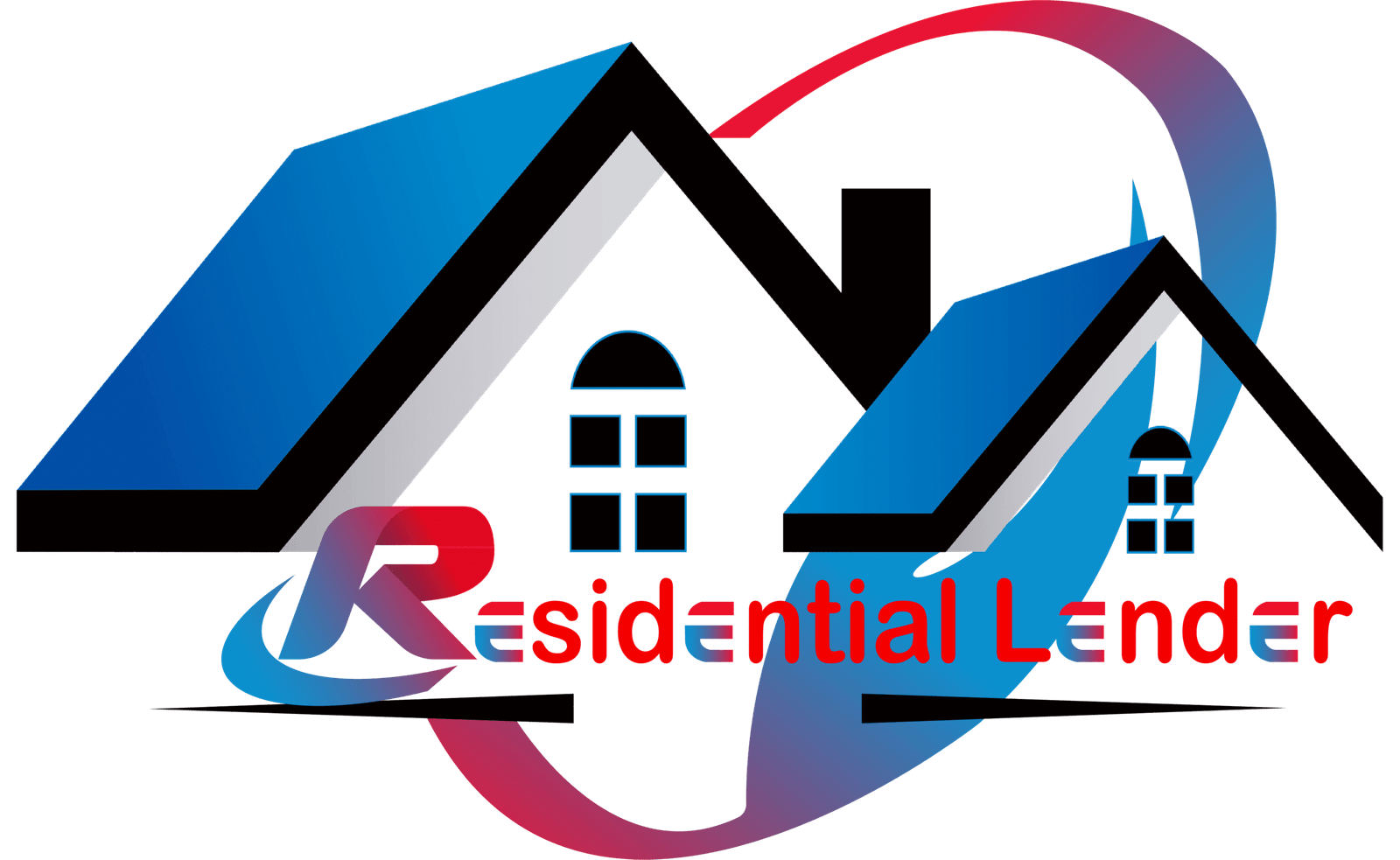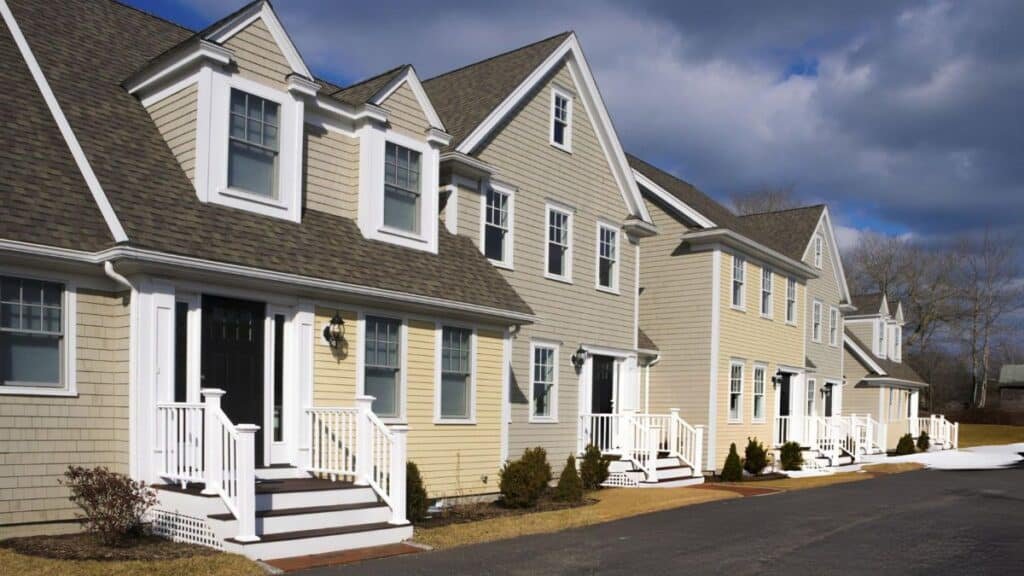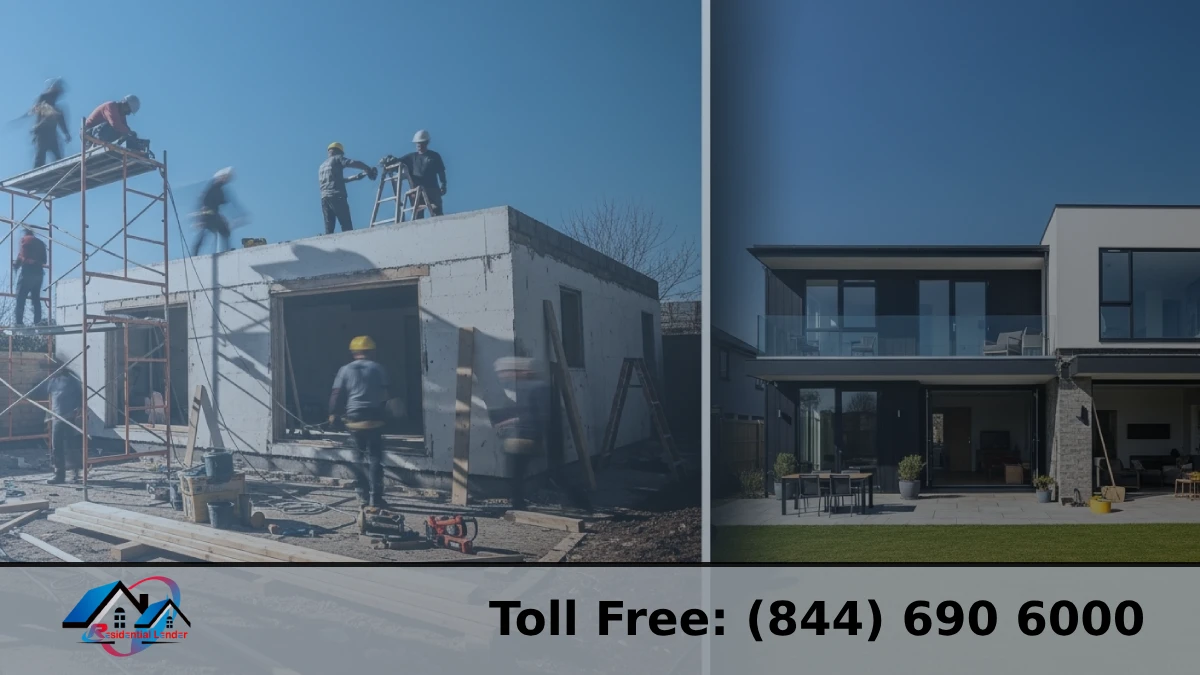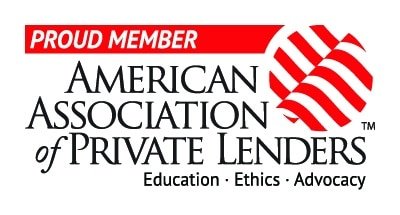Have you ever wished that your real estate investments would turn into tools that bring in money? This blog has everything you need to know to get the most out of your residential properties’ return on investment (ROI), whether you’re a seasoned landlord with a collection of multi-family units or a new landlord with a single-family home or townhouse.
We’ll also show you ResidentialLender.net, which is the key to getting the best property loans. What makes them different from other lenders is that they are correspondent lenders with the knowledge of super dealers. This means they can offer you a more comprehensive range of loan choices and know how to deal with the complicated world of investment property financing. They will ensure you get the best rates and terms to make your investment successful.
The Power of Location: Why Your Property’s Address Matters More Than You Think
Location is more than just how nice a house looks from the street; it’s also the key to making money as a real estate investor. The right place can have a significant effect on your return on investment (ROI) by:
- Appreciation Potential: Properties in places where people want to live gain value over time, giving you a good return when you sell.
- Rental Demand: A property in a good location will likely get good renters, keeping your cash flow steady and reducing when the property is empty.
- Vacancy Rates: When there aren’t many empty units, less money is lost when renters move out. Strong neighborhoods with many people looking to rent have fewer empty homes.
So, how do you find these golden locations?
The key is research! When considering a neighborhood, here are some things to think about:
- Job Growth: Are there more jobs in the area? It brings in new residents, which increases the desire for rentals.
- Demographics: Who lives in the area? Knowing about things like age, income, and the make-up of families can help you determine what kind of tenants your property will get.
- Amenities: Are schools, parks, restaurants, shopping malls, and other desired amenities close by? These raise the value of your home and make it more appealing to renters.
If you put location first and do a lot of research, you should be able to find an investment property that gives you good returns that last. Remember that ResidentialLender.net can help you with the funding part. Their knowledge can help you get the best financing for the place you want to spend and the goals you have for it.
Learn about your investment choices: single-family vs. multi-family
Location is critical. Next, let’s talk about the different types of homes: single and multi-family. Being aware of the pros and cons of each will help you pick the best choice for your needs.
Single-Family Homes
Pros
- Simpler Management: Managing a single-family home can take less time with only one renter.
- Lower Upfront Costs: Buying a single-family home costs less than purchasing a multi-family property.
- Potentially Higher Appreciation: Single-family homes can increase in value in some areas faster than multi-family units.
Cons
- Limited Cash Flow: If you only rent out one unit, you might make less money, affecting your total return on investment.
- Vacancy Risk: A single empty unit means no rental income at all.
- Less Diversification: Your investment will depend on how well you find and keep one good client.
Multi-Family Dwellings (Duplexes, Triplexes, etc.)
Pros
- Higher Potential Cash Flow: You can make more money from renting out more than one unit, which increases your general return on investment (ROI).
- Reduced Vacancy Risk: You’ll still profit from the other units, even empty ones.
- Diversification: Share the risk of your investment with more than one roommate.
Cons
- More Complex Management: Managers need more time and work to keep track of multiple tenants and possibly shared areas.
- Higher Upfront Costs: Most of the time, multi-family homes cost more than single-family houses.
- Maintenance Concerns: When there is more than one unit, repair problems are more likely to happen.
Choosing the Right Property Type
What’s best depends on what you want to do with your money. Believe in yourself, your spending, and how much you want to be involved in management. For this decision-making process, ResidentialLender.net can be very helpful. They know a lot about financing investment properties. They can help you look into loan choices that fit the type of property you want to buy and your financial plan.
Strategic Renovations for Increased ROI: Invest Smart, Reap Big Rewards
Once you’ve found the right place and type of property, it’s time to look into improvements that will give you the best return on your investment. Don’t forget that not all makeovers are the same. The important thing is to focus on strategic changes that have a significant effect on your bottom line.
Focus on High-Impact Areas
- Kitchens and Bathrooms: Bring these essential rooms up to date by adding new tools, countertops, and fixtures. Tenants will pay more for bathrooms and kitchens that look good and work well.
- Curb Appeal: Landscape changes, new paint, and up-to-date fixtures can make your home look more welcome at first glance. A well-kept exterior brings in renters and raises the property’s value altogether.
Prioritize Cost-Effectiveness
- DIY vs. Hire a Pro: You can do it for smaller jobs to save money on labor. For more significant changes, though, it’s best to hire a professional. This will ensure good work and save you time and money in the long run.
- Focus on Durability: Spend your money on materials that are resilient to damage and easy to keep clean. This lowers the cost of replacement in the long run.
- Shop Around: To get the best deals, compare the costs of professionals and the things you need.
Embrace Long-Term Benefits
- Energy Efficiency: Upgrades like lighting and appliances that use less energy can save tenants money on utilities and make your home more appealing. In the long run, these improvements may save money on the property’s energy bills.
Do a cost-benefit study before you start renovating right away. Think about how much the repairs will cost, how much the rent might increase, and the long-term rewards. Remember that ResidentialLender.net can help you determine how to pay for your improvements. They can help you determine how to get money to make intelligent improvements without going bankrupt. This will ensure that your renovations help your business succeed, not hurt it.
Optimizing Your Rental Strategy: Squeeze Every Penny Out of Your Investment Property
You’ve set yourself up for rental success with a good location, the correct type of property, and well-thought-out improvements. Now, let’s talk about how to make the most of your rental plan to make the most money and have the most minor trouble.
Setting the Right Rent
- Market Research is Key: Do a lot of studies to determine how much similar properties rent for in the area you want to move to. Too high of a price can cause people to leave, while too low can leave money on the table.
- Strike a Balance: Find the best balance between making as much money as possible and finding good renters who will pay your rent.
Attracting and Retaining Quality Tenants
- Rigorous Screening Process: Put in place a thorough process for screening tenants that includes checking their credit, looking into their background, and verifying their job and income. This helps you find trustworthy renters who will likely show up on time and take care of your home.
- Open Communication: Keep in touch with your tenants clearly and regularly. Answer their questions quickly and take care of any upkeep problems rapidly. Getting along well with your renters will make them more likely to stay for a long time.
Short-Term vs. Long-Term Rentals
- Long-Term Rentals: With steady rental income, this standard method offers stability and predictability. It usually means fewer job openings and less work for management.
- Short-Term Rentals: This choice might bring in higher rents, but it also means more work for the management, like cleaning, replacing guests, and adding more facilities.
Which method to use depends on your goals and how much risk you are willing to take. Think about how involved you want to be, the rules for short-term rentals in your area, and your long-term financial goals.
ResidentialLender.net can be very helpful during this process. Their loan choices may work with different rental strategies, and their knowledge can help you determine how your chosen strategy will affect your finances.
Financing Your Investment Property: The ResidentialLender.net Advantage
You’ve found an excellent investment chance, but getting the money to make it happen can be challenging. That’s where ResidentialLender.net comes in—everything you need to know about financing rental properties in one place.
Why Choose a Correspondent Lender?
- Fast Processing: Respondent lenders, such as ResidentialLender.net, work with a network of other lenders. This makes it easier to apply for a loan and speeds up the acceptance process.
- Diverse Loan Options: They have more loan choices than traditional banks. This lets you find a loan that fits your business goals and the type of property you want to buy ideally.
The ResidentialLender.net Expertise
- Traditional Loan Powerhouse: Their team is very good at getting standard loans from companies like Fannie Mae and Freddie Mac. They are also known for having reasonable rates and terms.
- Superbroker Savvy: They use their experience as a superbroker to find you the best loan choices for your situation. They seek your best interests and ensure you get the best rates and deals possible.
Finding your way through the complicated world of investing in property loans can be challenging. ResidentialLender.net clears up the mess and gives you the necessary information to make intelligent choices. You can get the money you need to make your real estate dreams come true with their help.
Start right away! Contact ResidentialLender.net; they’ll help you get the most out of your investment home.
Turn Your Investment Property into a Cash Cow
Excellent work! You’ve learned a lot of great ways to get the most out of your home investment property. Do not forget that the key is in:
- Strategic Location: Focus on a desirable place with a good chance of appreciation, a high demand for rentals, and a low vacancy rate.
- The Right Property Type: You can choose between single-family homes, which are easier to handle, and multi-family homes, which could bring in more money.
- Innovative Renovations: Prioritize upgrades that have a significant effect, like kitchens, bathrooms, and street appeal. Also, think about cost-effective upgrades with long-term benefits, like saving energy.
- Optimized Rental Strategy: When deciding between traditional and short-term rentals, ensure your rental rates are affordable, carefully screen potential tenants, keep the lines of communication open, and think about your long-term goals.
Remember your partner in funding! ResidentialLender.net can help you determine how to get a rental property loan. As a super broker with experience as a correspondent loan, they offer:
- Quick handling of loans
- Several different loan options
- Being able to get standard loans with reasonable terms
- the information you need to get the best loan for your needs
Are you ready to get the most out of your rental property? Get in touch with ResidentialLender.net right away to talk about your financial goals. Let them help you make money in real estate by using their knowledge.
FAQs
What are the most important factors to consider when choosing a location for my investment property?
The most important ones are the potential for value growth, the desire for rentals, and the vacancy rates. Look for places that are growing their jobs, have good demographics, and have features that will bring in tenants.
Should I invest in a single-family home or a multi-family dwelling?
It depends on what you want to do. Taking care of single-family houses is more accessible, but it brings in less money. Multi-family homes, on the other hand, may bring in more money, but they are more challenging to handle.
What renovations will give me the biggest bang for my buck?
Work on the bedrooms, kitchens, and outside of the house. Pick materials that will last and are easy to keep up, and consider making your home more energy-efficient to save money in the long run.
How do I set the correct rental rate?
Find out how much similar homes are renting in your area by doing a lot of research on the market. Find a good mix between making as much money as possible and getting good tenants.
What are the pros and cons of short-term and long-term rentals?
You can make more money with short-term renters, but you must be more careful. It’s safe and easy to plan for long-term renters, and they always bring in money.
Why should I choose ResidentialLender.net for my investment property financing?
The website ResidentialLender.net is a correspondent loan that also works as a superbroker. They process loans quickly, give you a lot of loan choices, and let you get traditional loans with good terms. They look for the best loan for you and act as your representative.
How can I get started with ResidentialLender.net?
Get in touch with ResidentialLender.net right away to talk about your financial goals. They can help you get the money you need to buy a rental property and help you reach its full potential.








